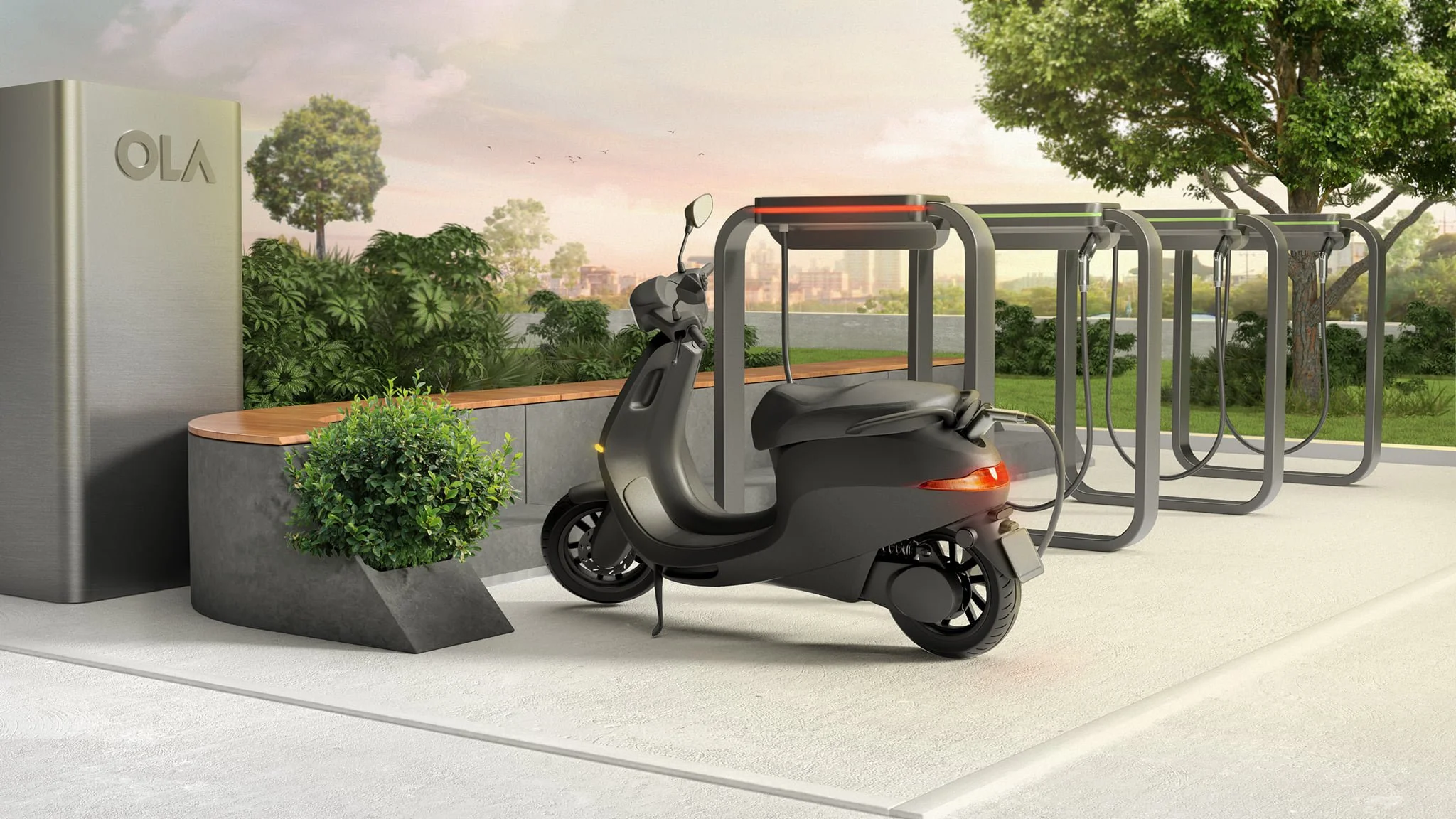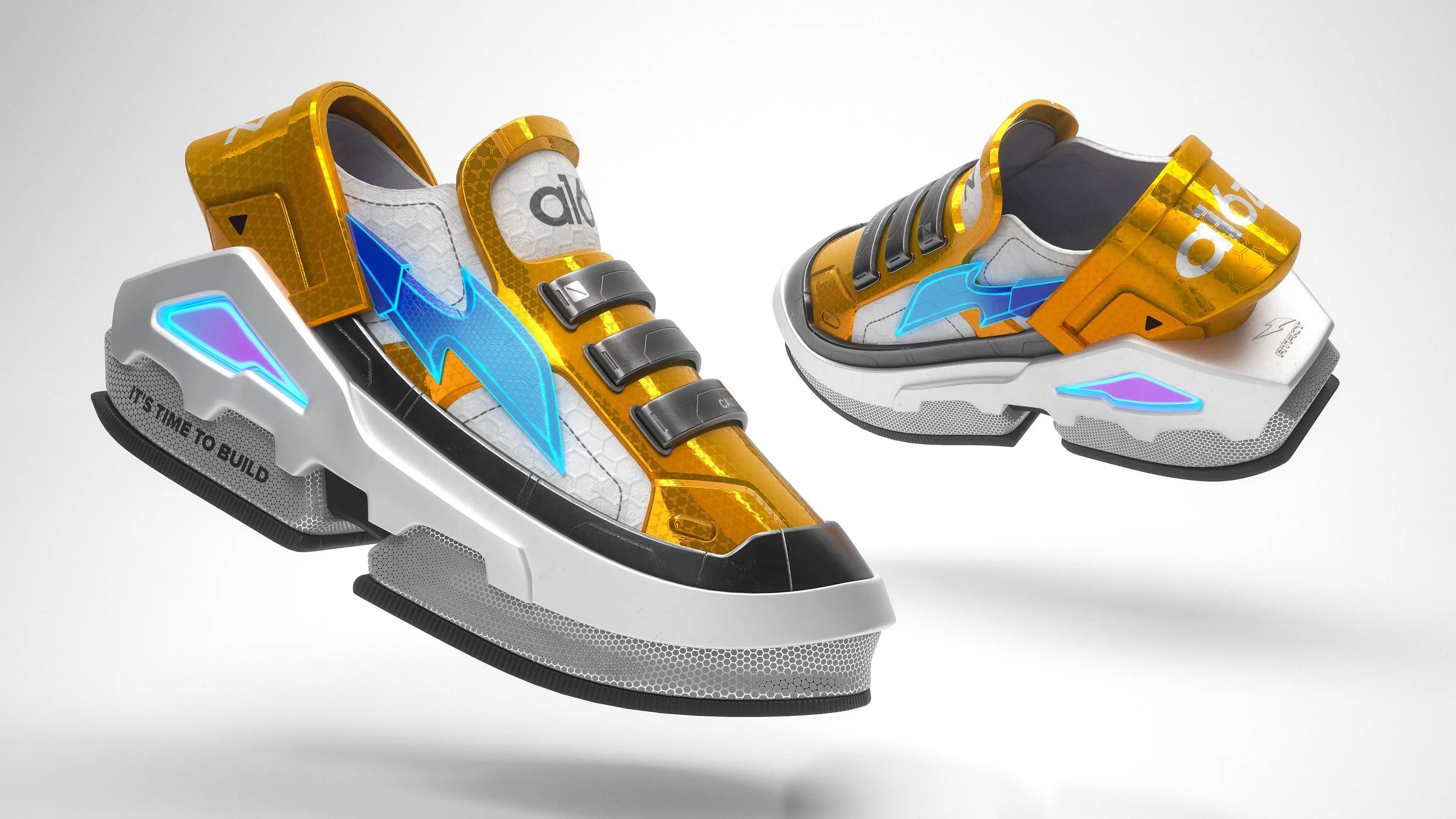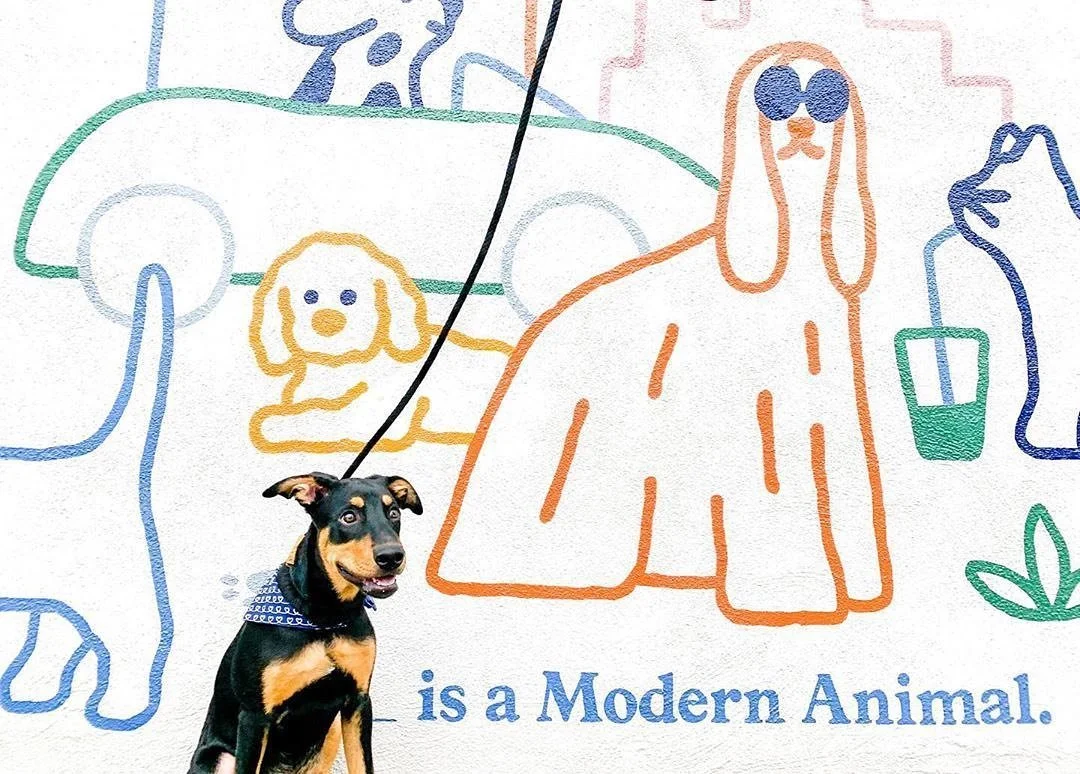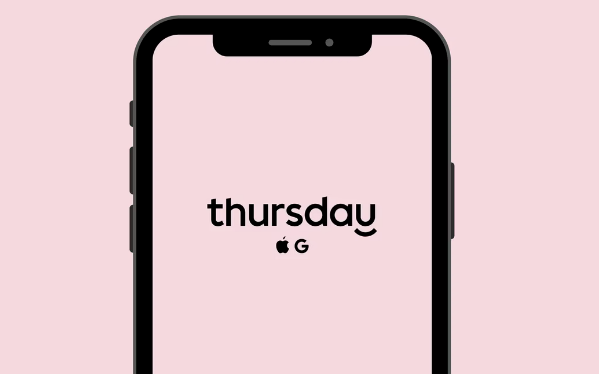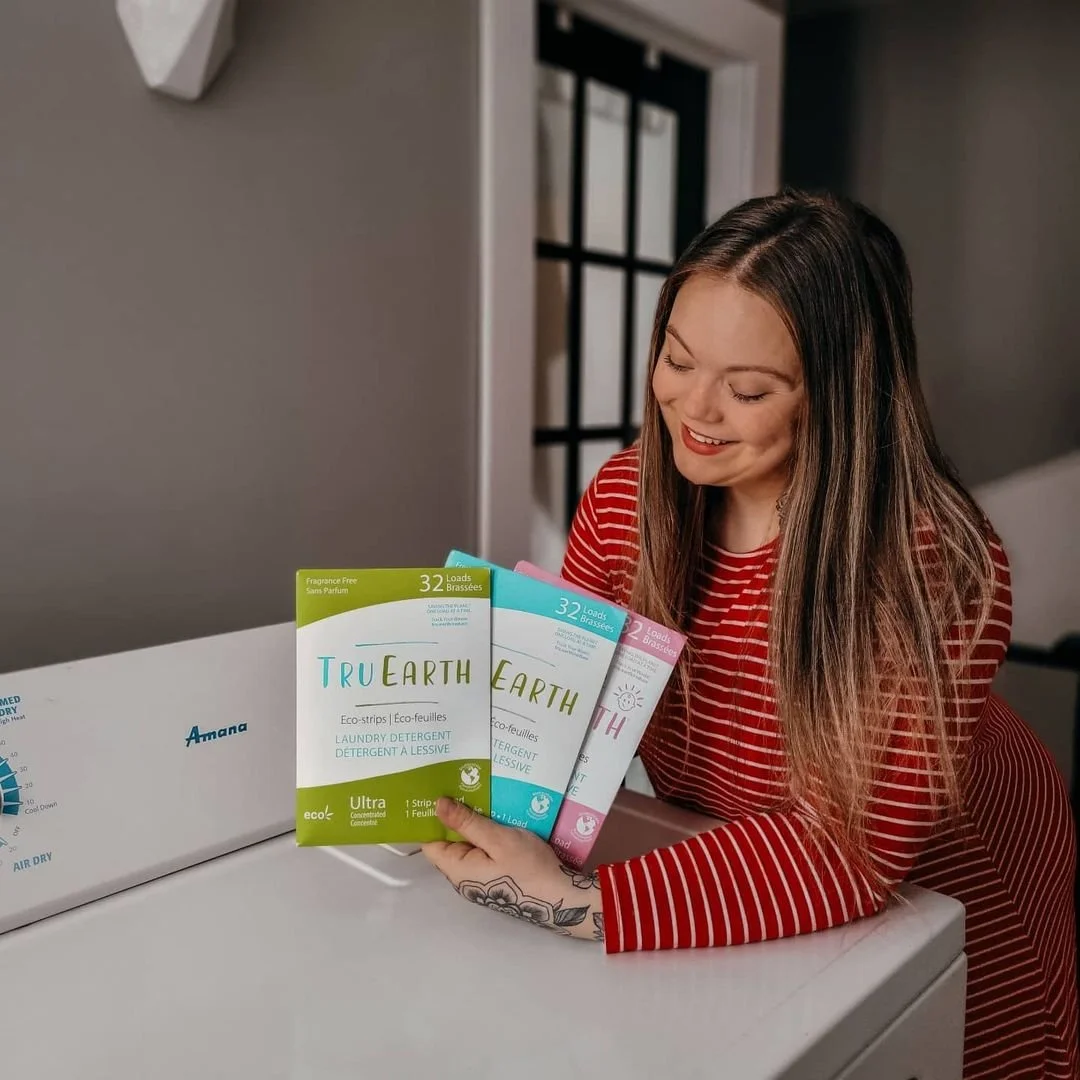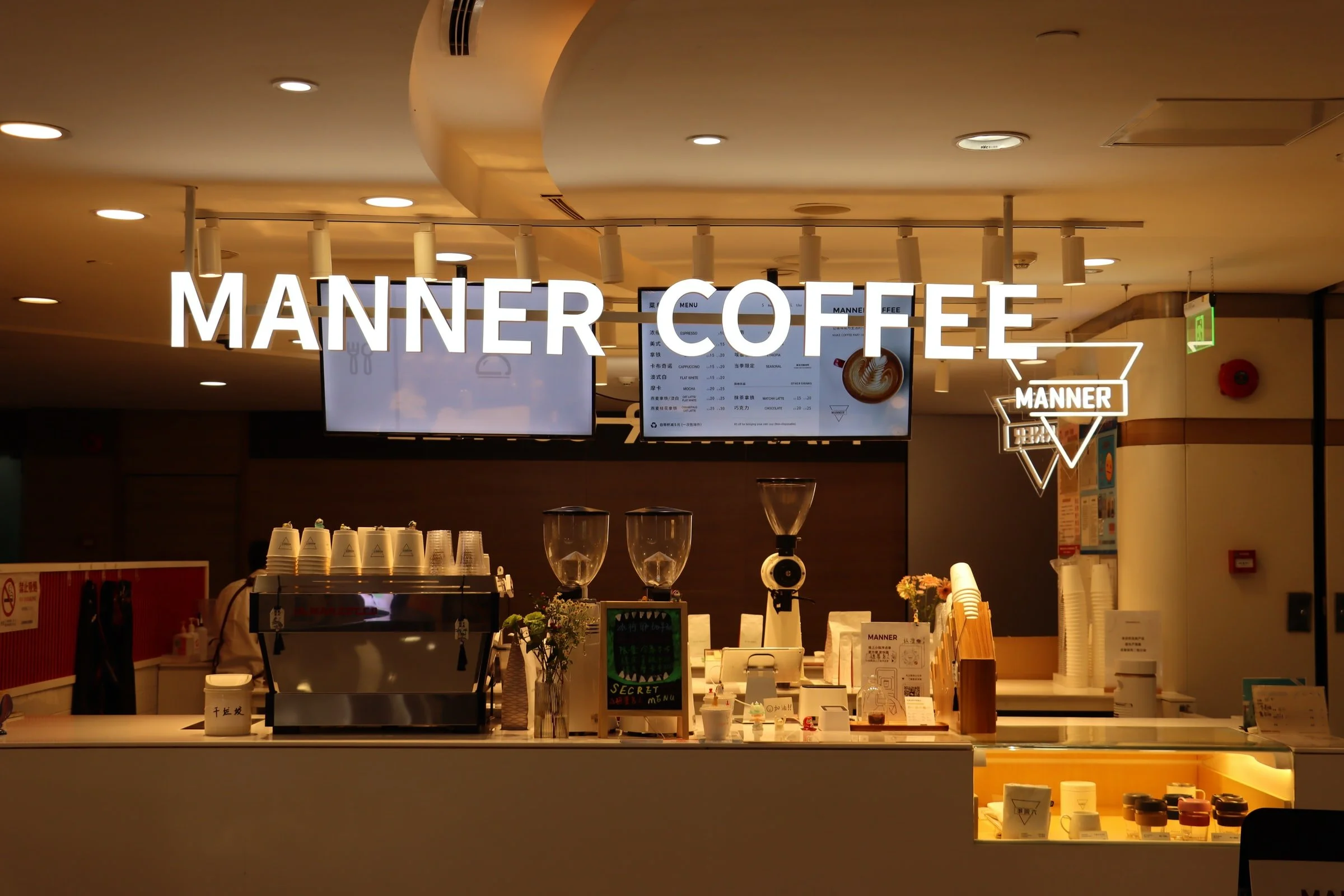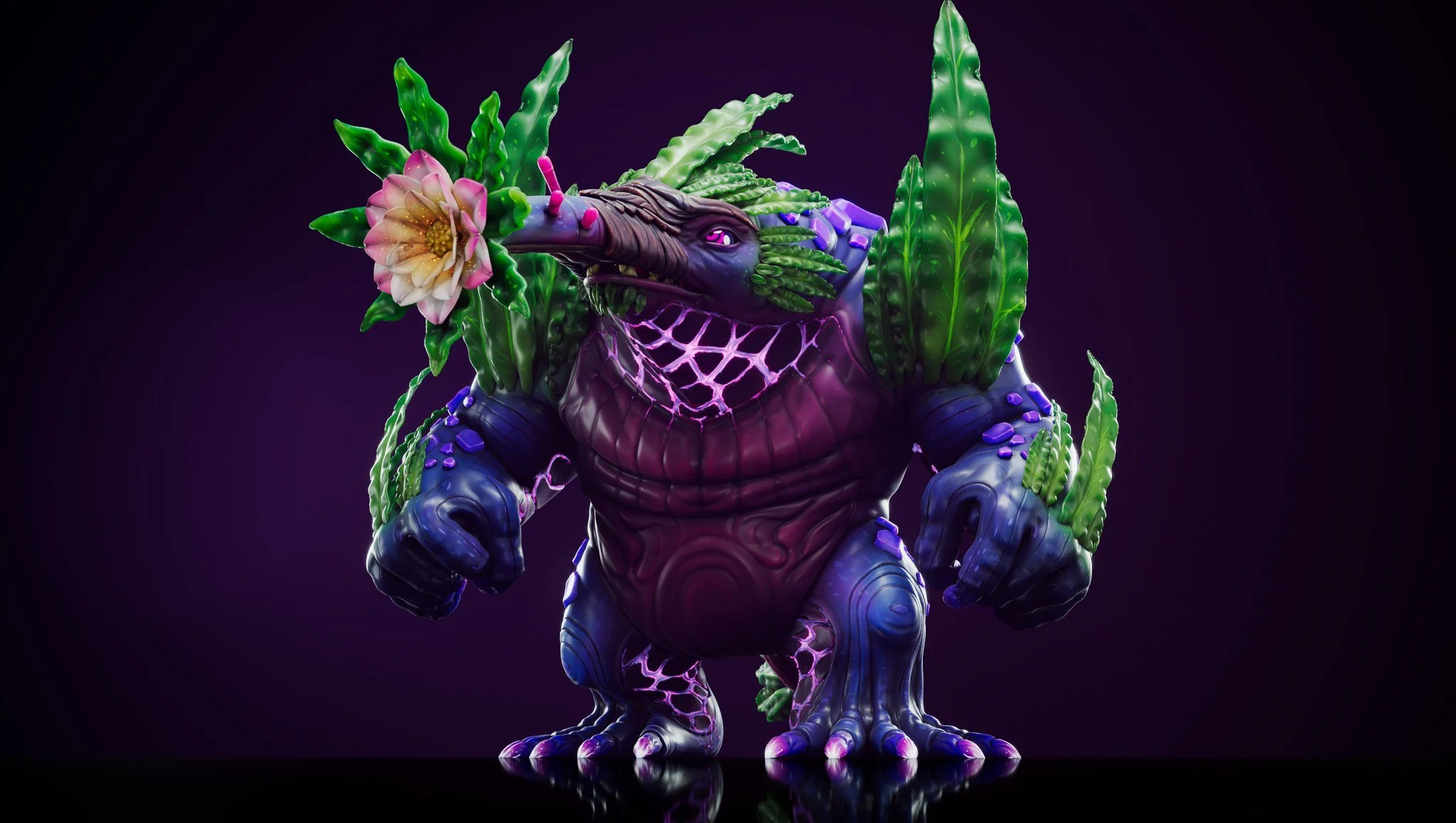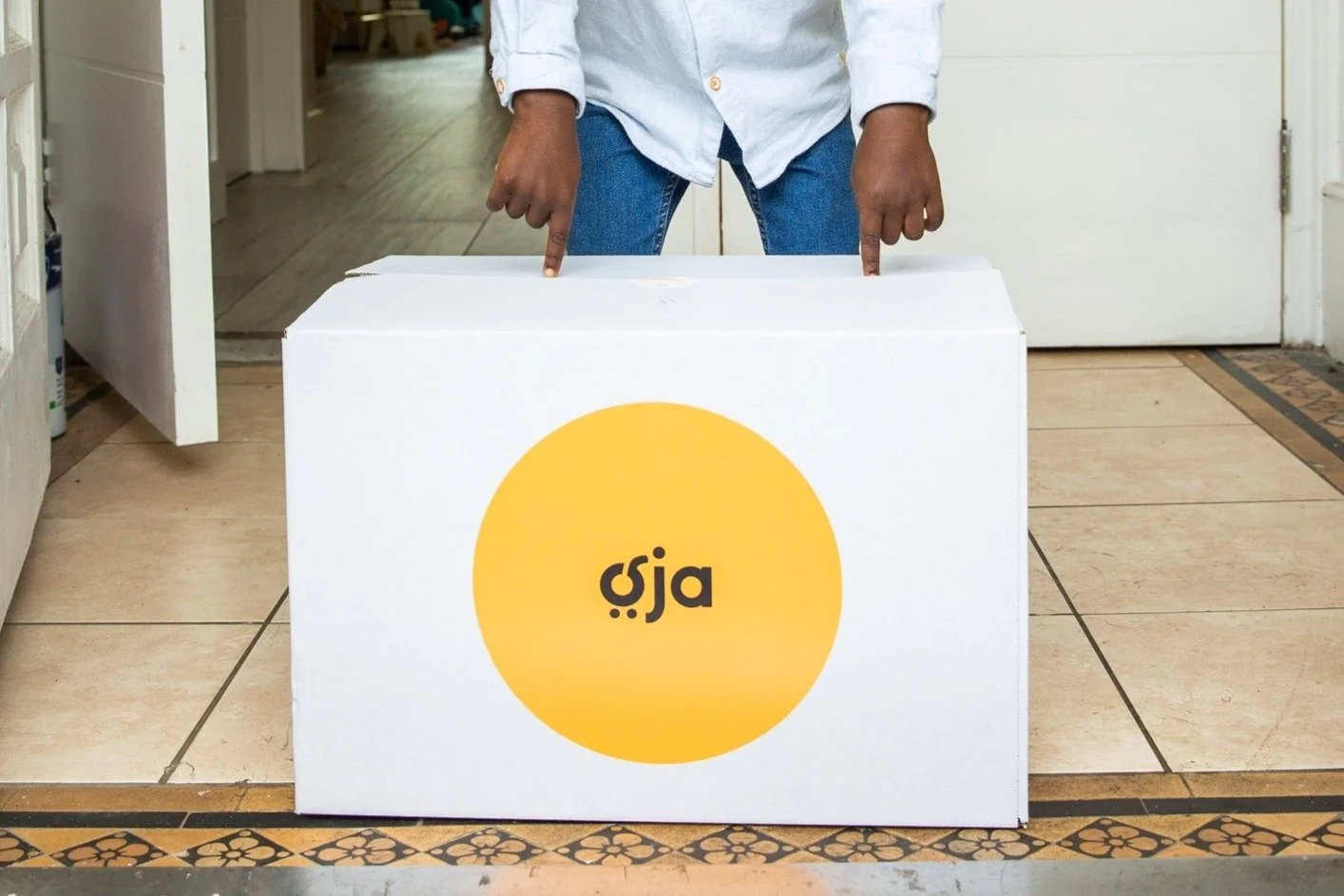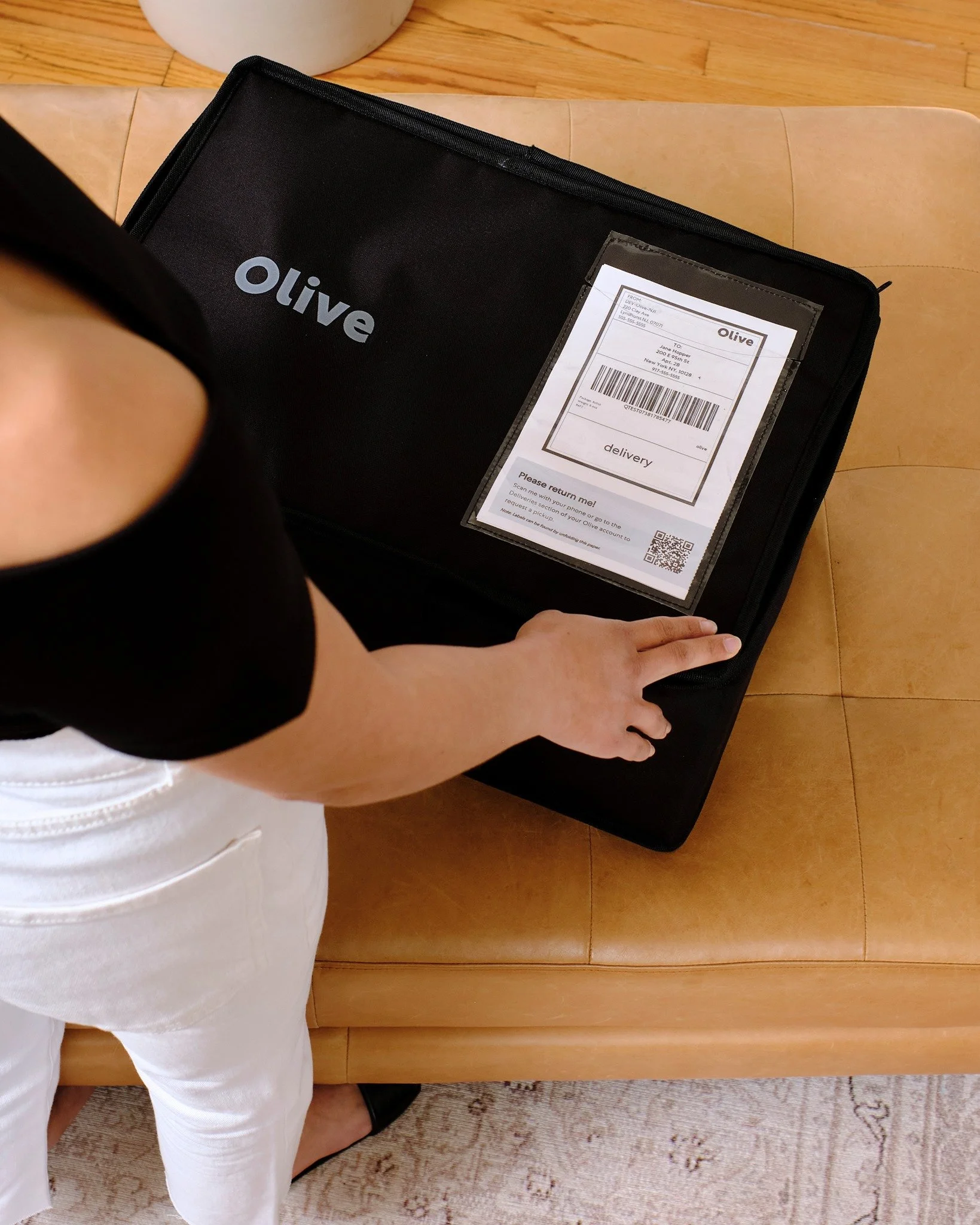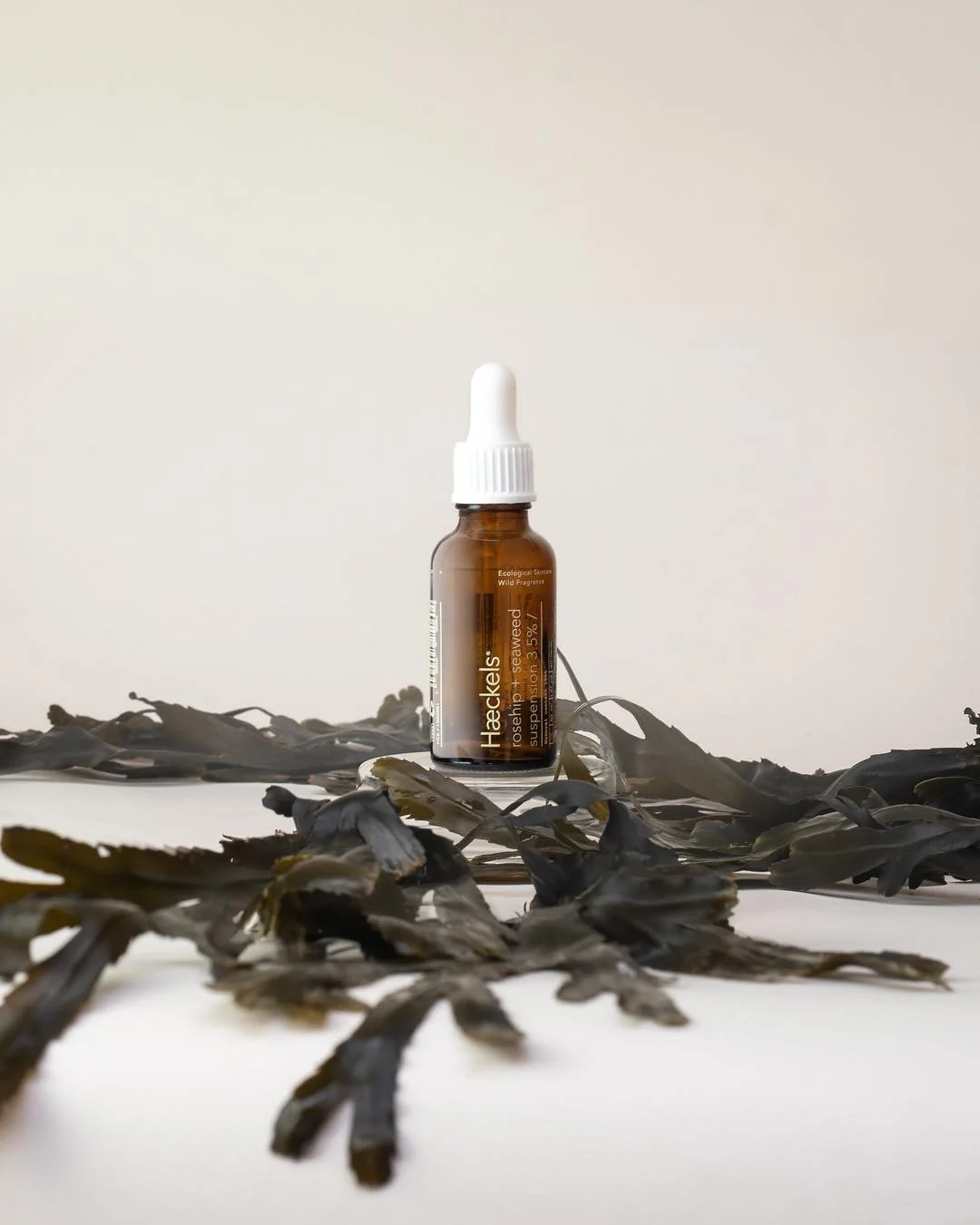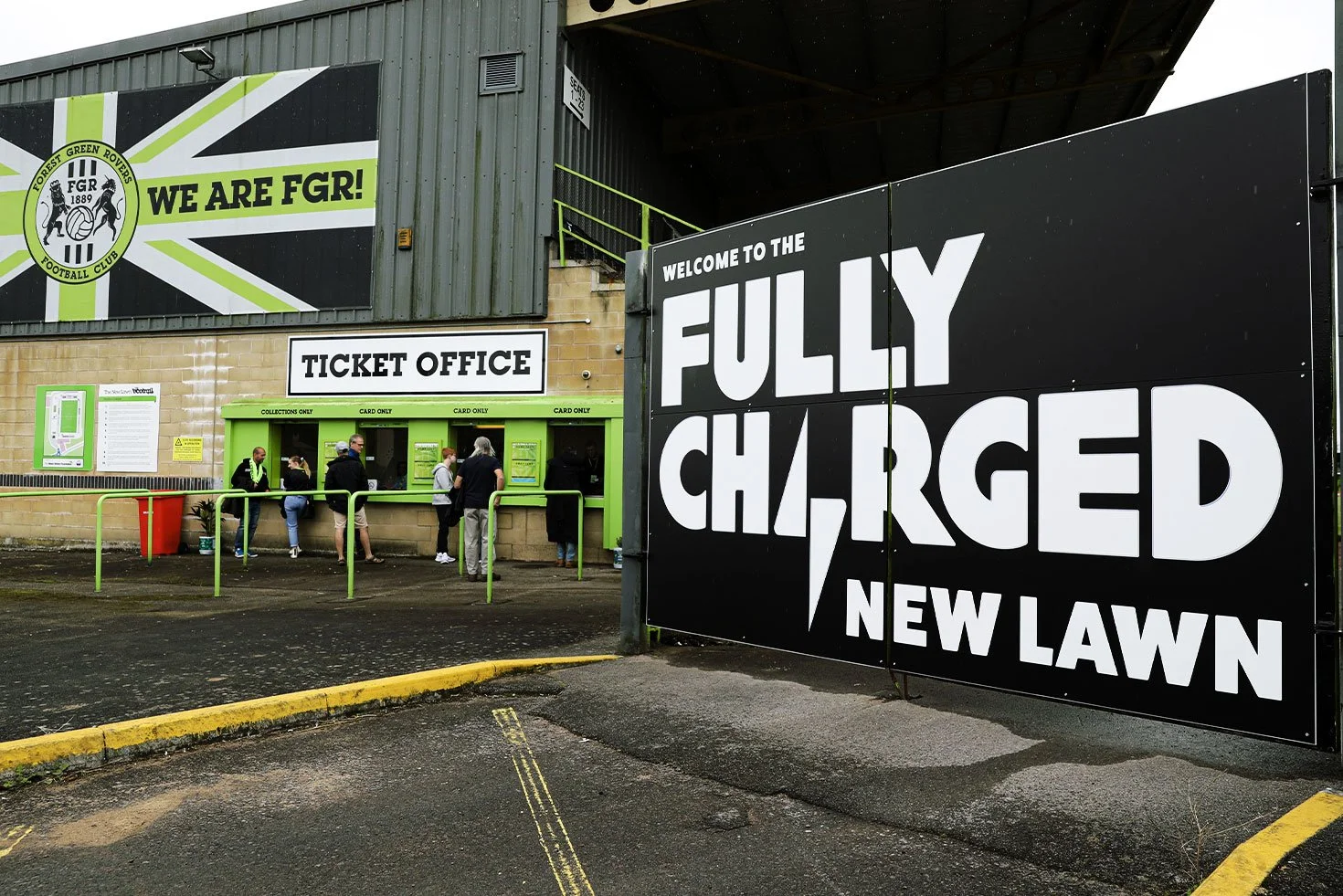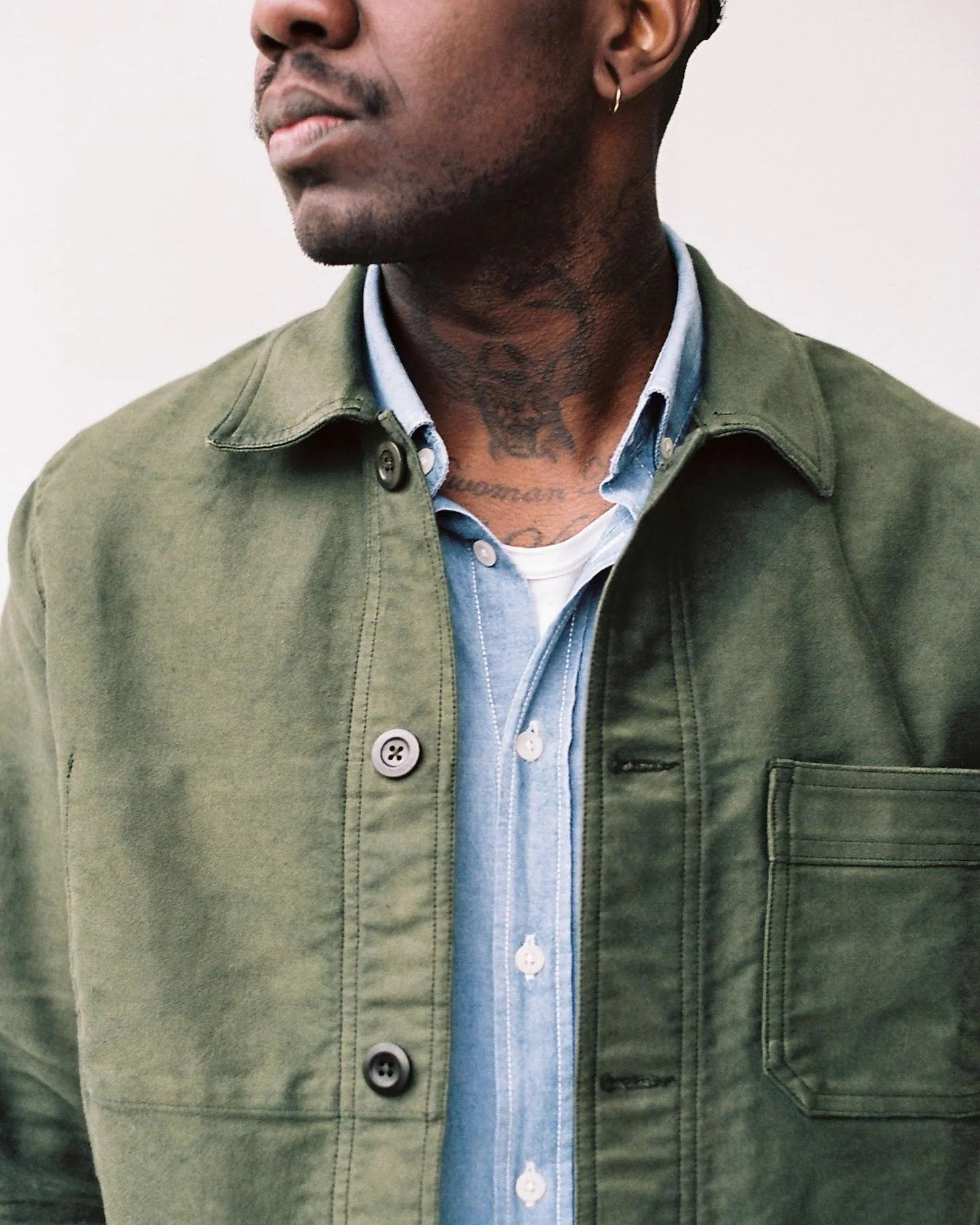Sway — for questioning how we wrap things up
What if our waste was regenerative rather than destructive?
Navigating through the pandemic, I’ve noticed I’m taking a slower and more conscious approach to my consumption habits. As I pack my shopping and unwrap my food, I am increasingly aware of the impact of how I live, what I order, and the energy and waste I create. Consumers like me are becoming more sustainability-minded, and the good news is steps are being taken to reduce our packaging waste at a governmental level - as Reuters reports in The Plastic Pandemic ‘last year 127 countries have adopted bans or other laws to manage plastic bags.’ However, the Guardian reports that we are hitting the point of no return of chemical pollution, and as Greenpeace’s campaign, Wasteminster: A Downing Street Disaster, dramatically highlights, 1.8m kgs of the UK’s rubbish is exported to other countries every day. The uncontrollable levels of waste we produce is an urgent issue that needs dramatic solutions.
Sway’s packaging made from seaweed. Photo: Sway
Meet Sway, a next-generation challenger ‘on a mission to replenish the planet through regenerative design’ by offering an innovative alternative to single-use plastics. Julia Marsh, the Co-Founder and CEO, was inspired to undertake materials research by her early life living on the coast, where she saw the damage that plastics had made to the beaches and coastal land of California. She began to develop better compostable alternatives to plastic, experimenting with regenerative materials that included ‘mycelium, scoby, microalgae, agricultural waste’, ultimately identifying seaweed ‘as their game-changing resource that could entirely disrupt the plastics industry.’ Seaweed is a complex and beautiful thing, spreading and growing like a field but interlinked like fungi; it is already farmed across Asia, where it is used in medicine and considered a superfood. Sway’s process turns this natural wonder into packaging materials that are carbon-negative and able to totally break down at the end of their lifespan. As Fast Company notes ‘some plastic alternatives need to be put in industrial compost facilities or require acres of land for production. Sway seaweed packaging needs neither.’ This sets them apart from other recycling-based innovations as Sway’s products aren’t just reducing waste, they seek to positively benefit the environment.
The brand recently announced a $2.5m first-round seed investment led by Valor Siren Ventures ‘to support the development and piloting of compostable plastic replacements’. After being named one of the winners of IDEO’s Beyond the Bag Challenge last year, an initiative supported by big retail brands including CVS Health, Target and Walmart, Sway’s product will begin to appear in stores this year, including ‘initial pilots [which] will involve 1,000 to 300,000 retail and polybags starting in mid-2022’.
I was so excited to discover Sway and its regenerative approach. Previously I have only seen brands highlighting the ocean plastics issue through recycling in a limited edition collection or a fashion drop, such as the Adidas Parley Ocean trainers and Nike’s Space Hippie Mars inspired collection. But Sway isn’t a side project or one-off greenwashing campaign. And while the brand initially caught my attention with the creative communication of their big goals through their beautifully designed website and Instagram (I do love pink and orange), it’s not about the looks, but the idea. When an idea is so simple – that we should use readily available regenerative materials instead of harmful and finite ones, and the solution has been invented and is ready to become the norm, it feels like madness to keep doing things as we currently are. I hope this next-generation challenger changes the way we wrap things up for good.




